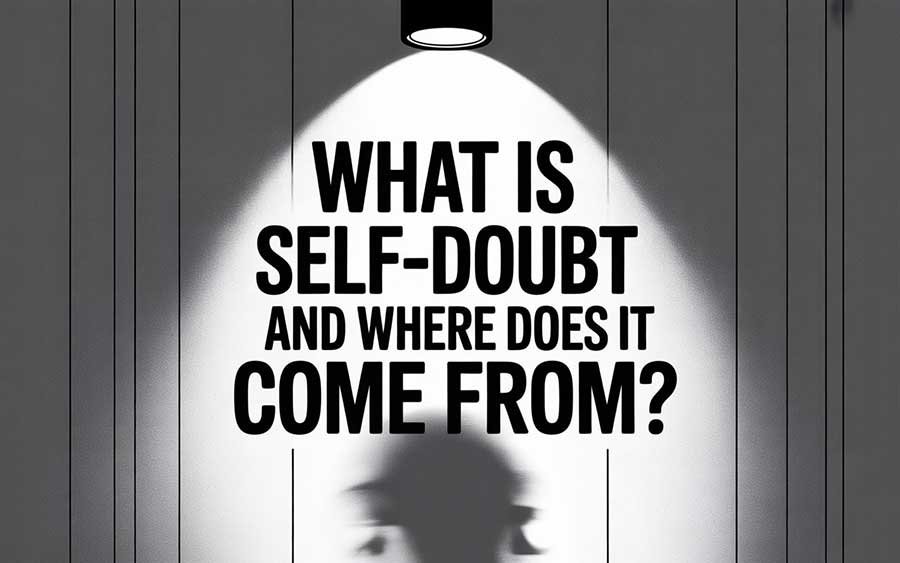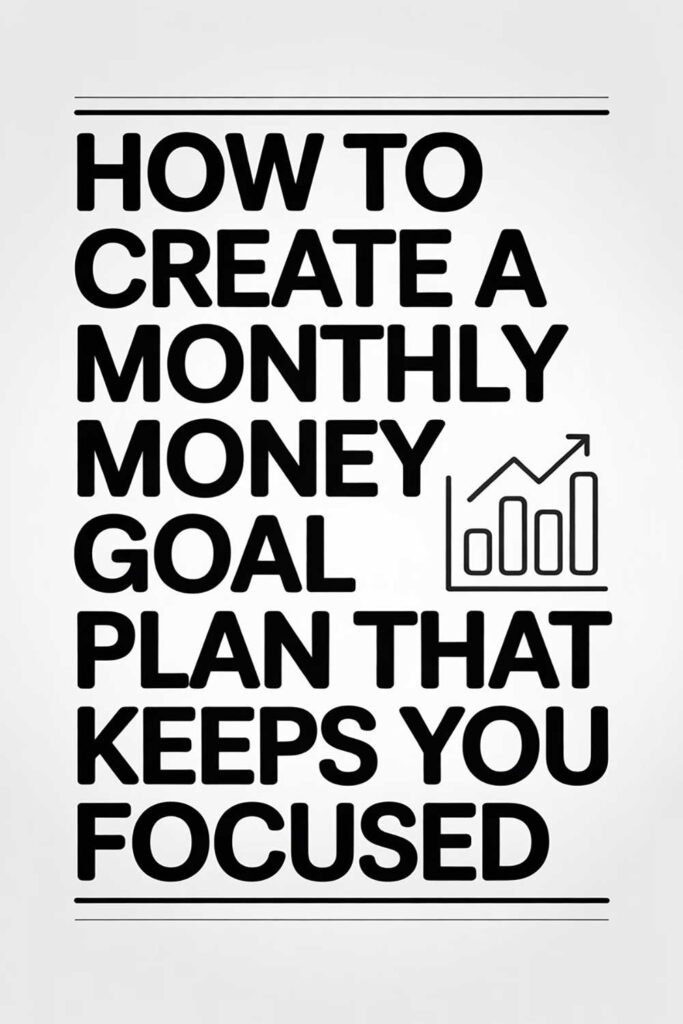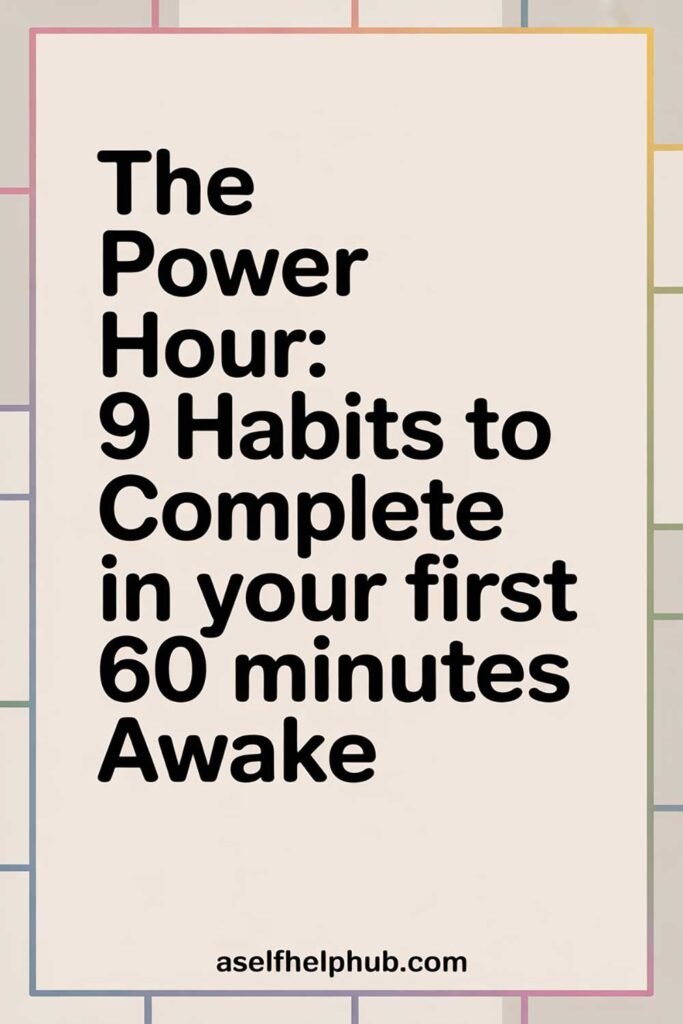
What Is Self-Doubt and Where Does It Come From?
Self-doubt is something we all face at one point or another. It’s that nagging inner voice that questions your abilities, your decisions, and sometimes your worth. It can sneak in quietly or slam into your thoughts like a freight train, making you second-guess everything. But what exactly is self-doubt, and more importantly, where does it come from?

In this in-depth, beginner-friendly guide, we’ll explore the roots of self-doubt, how it shows up in everyday life, and how to take back control from this sneaky mental habit.
What Is Self-Doubt?
Self-doubt is the lack of confidence in oneself and one’s abilities. It’s the inner critic that casts shadows on your strengths and magnifies your weaknesses. While it’s natural to question yourself sometimes, chronic self-doubt can become a barrier to success, happiness, and personal growth.
At its core, self-doubt is an emotional response triggered by fear — fear of failure, fear of judgment, fear of not being enough.
What Does Self-Doubt Look Like?
Self-doubt isn’t always obvious. Sometimes it wears the disguise of humility or caution. Here are a few common signs:
- Overthinking and indecision
- Avoiding new opportunities
- Perfectionism and fear of making mistakes
- Negative self-talk
- Seeking excessive validation from others
These symptoms often snowball, making it even harder to break free from their grip.
Where Does Self-Doubt Come From?
1. Childhood Experiences
Self-doubt often takes root early in life. Maybe you were criticized by a teacher, compared to a sibling, or grew up in an environment where mistakes weren’t tolerated. These early messages shape our inner dialogue for years to come.
2. Trauma and Rejection
Emotional trauma and rejection can be powerful triggers. A failed relationship, being laid off, or experiencing public embarrassment can feed the belief that you’re not good enough.
3. Perfectionism and High Standards
Sometimes, we create self-doubt through unrealistic expectations. Holding yourself to impossible standards makes you feel like you’re constantly falling short — even when you’re doing great.
4. Social Comparison
Thanks to social media, we’re bombarded with everyone else’s highlight reels. This leads to comparing our messy behind-the-scenes with their polished surface, fueling feelings of inadequacy.
5. Imposter Syndrome
This is the belief that you’re a fraud, despite evidence of success. Many high-achievers suffer from imposter syndrome, which creates deep-rooted self-doubt even in the face of accomplishments.
Real-Life Examples of Self-Doubt in Action
Sarah – The Aspiring Author
Sarah dreamed of writing a novel, but every time she sat down to write, she heard a voice in her head saying, “Who do you think you are? No one will read this.” For years, she started stories but never finished them. Eventually, she joined a local writer’s group, where she received encouragement and learned she wasn’t alone in feeling this way. Her first novel is now published.
James – The New Manager
After getting promoted, James constantly second-guessed his decisions. He avoided confrontation and deferred to others, afraid of making the wrong call. After some mentoring and leadership training, James learned to trust his instincts and lead with confidence.
Rachel – The Perfectionist Entrepreneur
Rachel delayed launching her online store for over a year. Every time she neared completion, she’d find something else to “fix” or change. Deep down, she was afraid of failure. Once she acknowledged her fear and accepted that imperfection was part of progress, she launched — and her store now generates consistent monthly income.
These stories show that self-doubt is common — but also conquerable.
How to Overcome Self-Doubt
1. Recognize the Voice
Name it. Acknowledge it. Understand that your inner critic isn’t the truth — it’s just a perspective shaped by fear or past pain.
2. Challenge Negative Thoughts
Ask yourself: “Is this true?” “Is there evidence that supports or disproves this thought?” Questioning the narrative is the first step to rewriting it.
3. Take Small Steps
Action is the antidote to doubt. Take small, manageable steps toward your goals. Every win — no matter how small — builds confidence.
4. Surround Yourself With Support
Connect with people who uplift and encourage you. Avoid energy vampires and critics who fuel your insecurity.
5. Celebrate Progress, Not Perfection
Perfection is a myth. Progress is real. Focus on how far you’ve come, not how far you still have to go.
6. Practice Self-Compassion
Talk to yourself like you would to a friend. Be gentle, forgiving, and kind to yourself — especially when you stumble.
Why Self-Doubt Isn’t Always a Bad Thing
In moderation, self-doubt can:
- Encourage preparation and learning
- Promote humility and self-awareness
- Keep you from overconfidence or arrogance
The goal isn’t to eliminate self-doubt completely but to understand it, manage it, and keep it from running the show.
20 Inspirational Quotes About Self-Doubt
- “Doubt kills more dreams than failure ever will.” – Suzy Kassem
- “You don’t have to see the whole staircase, just take the first step.” – Martin Luther King Jr.
- “Believe in yourself and all that you are. Know that there is something inside you that is greater than any obstacle.” – Christian D. Larson
- “It’s not who you are that holds you back. It’s who you think you’re not.” – Unknown
- “The worst enemy to creativity is self-doubt.” – Sylvia Plath
- “You miss 100% of the shots you don’t take.” – Wayne Gretzky
- “Self-doubt is real. Everyone has it. Having confidence and losing confidence is real, too, and everyone has been in that position.” – Venus Williams
- “We gain strength, courage, and confidence by each experience in which we really stop to look fear in the face.” – Eleanor Roosevelt
- “Act as if what you do makes a difference. It does.” – William James
- “Don’t let the fear of what could go wrong make you miss what could go right.” – Unknown
- “With realization of one’s own potential and self-confidence in one’s ability, one can build a better world.” – Dalai Lama
- “Confidence comes not from always being right but from not fearing to be wrong.” – Peter T. McIntyre
- “It is confidence in our bodies, minds, and spirits that allows us to keep looking for new adventures.” – Oprah Winfrey
- “Don’t let your mind bully your body into believing it must carry the burden of its worries.” – Astrid Alauda
- “The only limits in our life are those we impose on ourselves.” – Bob Proctor
- “You are braver than you believe, stronger than you seem, and smarter than you think.” – A.A. Milne
- “Successful people have fear, successful people have doubts, and successful people have worries. They just don’t let these feelings stop them.” – T. Harv Eker
- “Believe you can and you’re halfway there.” – Theodore Roosevelt
- “Your present circumstances don’t determine where you can go; they merely determine where you start.” – Nido Qubein
- “Don’t be pushed around by the fears in your mind. Be led by the dreams in your heart.” – Roy T. Bennett
Picture This
Imagine waking up tomorrow feeling just 10% more confident. You sit down with your morning coffee and instead of thinking, “Can I do this?” you whisper, “What if I can?” You take a chance, speak up in a meeting, post your artwork, start writing that blog. Little by little, belief replaces doubt.
Now imagine that shift building over days, then weeks. Your life begins to change — not because you eliminated fear, but because you stopped letting it make decisions for you.
What would your life look like if you believed in yourself just a little more?
Please Share This Article
If this article helped you, please share it with someone who might be battling self-doubt today. You never know whose life you could uplift just by sending them this message of hope and strength.
Disclaimer
This article is for informational purposes only and based on personal experience, anecdotal examples, and general knowledge. It is not a substitute for professional advice, therapy, or diagnosis. Always consult with a qualified mental health professional before making any changes to your mental health routine or treatment.






